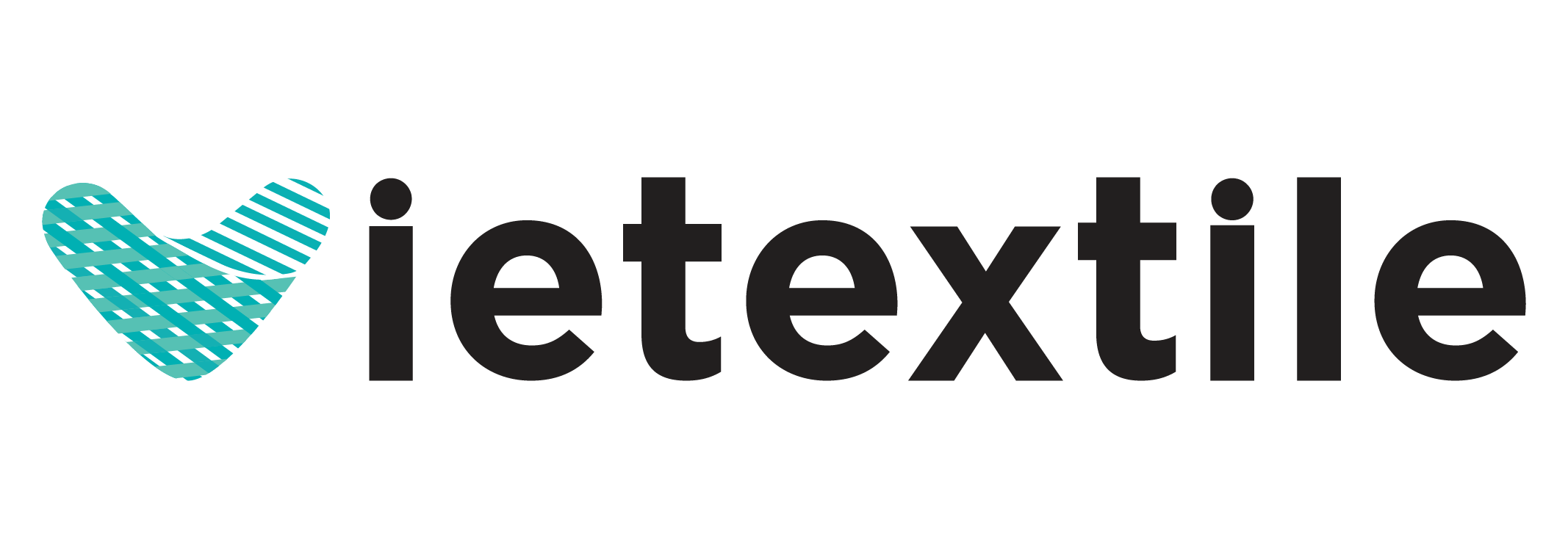Today, antimicrobial fabric technology is becoming a popular development trend in the general textile industry and the medical sector in particular. The product that has received the most attention is antimicrobial fabric with antiviral properties. Let’s learn more about antimicrobial fabric with VieTextile in this article.
1. What is Antimicrobial Fabric with Antiviral Properties?
Nội dung tóm tắt
ToggleAntimicrobial fabric with antiviral properties is a breakthrough in the textile industry. Essentially, this fabric is treated with special compounds that inhibit the growth and spread of viruses on the fabric’s surface. Antimicrobial fabric can inactivate viruses through various mechanisms, depending on the type of antiviral agent used. The three main types of antiviral agents on the market are inorganic, organic, and natural.

2. Exploring Antiviral Agents for Fabric
2.1. Classification of Antiviral Agents
2.1.1. Inorganic Antiviral Agents
Typical inorganic antiviral agents are metal nanoparticles or metal compounds like gold, silver, and copper. These tiny metal particles can kill viruses by interacting with the glycoproteins on the virus’s surface, which hinders the virus’s attachment and entry into host cells. Additionally, metal nanoparticles can exert antiviral activity by interacting with the virus’s genome.

Furthermore, carbon-based nanoparticles can also neutralize viruses due to their excellent electrochemical and thermoelectric properties. Photocatalysts like can absorb light and generate substances that can oxidize and destroy the viral envelope.
2.1.2. Organic Antiviral Agents
Organic antiviral agents are compounds synthesized from organic elements. They are often used in the production of medicines and antiviral textile products. For example, quaternary ammonium salts like polyethyleneimine methyl dodecyl can quickly kill viruses by destroying their protective membrane. Additionally, heterocyclic compounds like pyrazoles and pyrimidines, as well as some special polymers like polyurethane N,N-dodecyl methyl, also have antiviral capabilities.
2.1.3. Natural Antiviral Agents
Natural antiviral agents are derived from plants, animals, and microorganisms. These compounds have the advantage of being safe, less toxic, and highly effective. Traditional Chinese medicines like Huoxiang Zhengqi and Lianhua Qingwen have been proven to be effective against many types of viruses. Propolis also has strong antibacterial and antiviral properties. Polysaccharides from microorganisms can also stimulate the immune system and inhibit viral development.
Perma antiviral knitted fabric is a groundbreaking product that applies nano-zinc technology combined with recycled fibers, providing an effective and safe antiviral solution for the skin and the environment.
2.2. Mechanism of Action for Antimicrobial Fabric with Antiviral Properties
Antimicrobial fabric with antiviral properties is gaining widespread interest due to its ability to protect the wearer from pathogens. This type of fabric works through various mechanisms, such as preventing viral attachment, neutralization, and killing the virus.
The surface of some fabrics is coated with a nano-layer that prevents microorganisms and viruses from adhering to the fabric. Antiviral fabric has a smoother surface, which minimizes the ability of viruses to stick. In addition, some fabrics are treated with chemical compounds capable of neutralizing viruses, such as silver, copper oxide, titanium dioxide, and quaternary ammonium.
Currently, there are two main methods for producing antiviral performance fabrics. The first method is to mix the antiviral agent with a polymer spinning solution and spin it into a fiber. The second method is to apply the antiviral agents to the fabric after the bleaching, dyeing, or printing stages. In this process, the antiviral agent is padded, coated, or sprayed to finalize the fabric’s antiviral properties.
3. Benefits of Using Antimicrobial Fabric with Antiviral Properties
In complex epidemic situations, the need to protect personal and public health has become more urgent. Antimicrobial fabric with antiviral properties has emerged as a breakthrough solution with the following benefits:
- Effective Health Protection: Due to its high antiviral efficacy, verified through strict scientific tests, it ensures user safety.
- Improved Quality of Life: It is used in clothing, home furnishings, bedding, etc., helping to create a safe living environment and limiting the spread of viruses and bacteria.
- Cost Savings and Environmental Protection: Although the initial investment cost is quite high, antiviral fabric is durable and recyclable, leading to long-term savings. This helps reduce the amount of textile waste released into the environment.
4. Applications of Antimicrobial Fabric with Antiviral Properties
Antimicrobial fabric with antiviral properties is being widely used in many fields, especially in the medical sector. The use of this type of fabric in medical facilities like hospitals and clinics helps reduce the risk of infection for patients and medical staff. Especially in the context of pandemics like Ebola or COVID-19, the use of antiviral performance fabric is extremely important for protecting public health.
Additionally, antimicrobial fabric with antiviral properties is also used in the production of face masks. Thanks to its ability to block bacteria and viruses, these masks not only help users avoid pathogenic microbes but also reduce the risk of transmission.
5. Contact Us for Antimicrobial Fabric Consultation
With its outstanding advantages, including high antiviral efficacy, durability, and user safety, this fabric has become a consumer trend. If you are interested in antimicrobial fabric products with permanent antiviral properties, do not hesitate to contact VieTextile through the following methods:
- Phone: +84 (0) 901809309
- Email: Info@Vietextile.com
- Office: 82C Quach Dinh Bao, Phu Thanh Ward, Tan Phu District, Ho Chi Minh City
